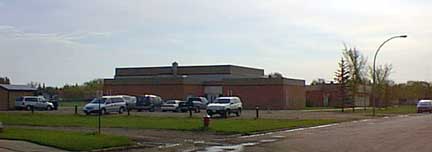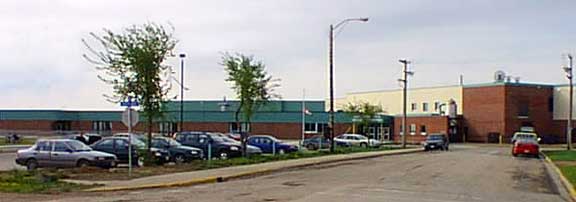 |
| FTLComm - Tisdale - May 25, 2000 |
| Saskatchewan's teachers have been without an operational contract since January and
through a prolonged set of negotiations a package has been put together and was presented
to the spring conference of the Saskatchewan Teachers Federation. They rejected
the offer but passed it on to the membership for a vote and the results were added
up this morning and 56% of Saskatchewan's teachers rejected the offer. Though this
seems like a small majority voted against the proposal it indicates that the majority
of Saskatchewan teachers feel that the offer is less then adequate. Votes in the
urban areas went almost 80% against the offer whereas rural teachers feeling the
agricultural crunch were less inclined to reject the offer. For the past ten years, like most government employees, teachers salary increases  have
been under great restraint. With inflation being considered and mounting taxation
levels, most teachers have seen their take home pay steadily decline year after year.
Not only is a blow for morale but it significantly impacts on the attitude the public
has toward the profession have
been under great restraint. With inflation being considered and mounting taxation
levels, most teachers have seen their take home pay steadily decline year after year.
Not only is a blow for morale but it significantly impacts on the attitude the public
has toward the profession The once honourable role of being a teacher is being seen monetarily and socially as "worth less". This decline in status and remuneration has taken place at a time when cost slashing measures have been the order of the day, 0% budgets and growing classroom enrollments. The teacher see himself or herself being directed by the public to "do more" as social service in the province is no longer a real factor in society have budgeted pretty well out of operational effectiveness, teachers are now our social workers, counsellors and it often seems to them that they are part time instructors. The nurses strike last spring saw the provincial nurses who have been in the same economic situation receive a salary increase of 13% over several years. The provincial offer to teachers was 7.5% over two years and with all things considered the actual increase in wages is 2.5% per year and that is below the level of inflation. The other element in the offer was an expanded medical, dental and health package that does not take effect until next year and also next year principal's allowances would double. The provincial teachers are still smarting over their last contract that gave them such a small salary increase that they actually received less then before and perhaps the most galling was a provision in the last agreement that saw a 2% wage increase for one day. All told the teachers are less then pleased with both the offer and the way they feel they are being treated. Most people expect a return to the bargain table to try to improve the offer as neither the teachers nor the government wants to see a strike situation and with the school year drawing to a close there is pressure to get a deal. If the government does not come back quickly with an improved offer the 1999 - 2000 school year could end on a very sour note. |
 |